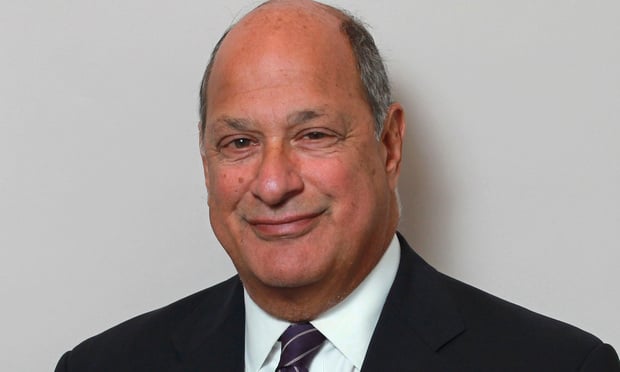We tend to assess the actions of others through the prism of our own interactions with them. Were they nice? Were they accommodating? Were they dismissive—did they refuse an autograph for your kid? Did they look at you as if you had four heads and, if so, did you deserve it? And when you have had the privilege of meeting, and speaking with, public figures, you are sometimes asked to make judgments about something newsworthy that they’ve done. In responding, you are likely influenced by how they acted with you in some unrelated situation.
Full disclosure: For a book I was writing at the time (“Blindfolds Off: Judges On How They Decide” (ABA Publ., 2014)), I interviewed Judge Emmet Sullivan of the U.S. District Court in Washington, D.C. regarding his granting a motion to set aside the conviction of the long-serving and hugely popular Alaska Senator Ted Stevens amid extensive government misconduct committed during his corruption prosecution. Misconduct, to be clear, which took place in Judge Sullivan’s courtroom. Although initially hesitant, Judge Sullivan had been gracious to me in the extreme.
This content has been archived. It is available through our partners, LexisNexis® and Bloomberg Law.
To view this content, please continue to their sites.
Not a Lexis Subscriber?
Subscribe Now
Not a Bloomberg Law Subscriber?
Subscribe Now
LexisNexis® and Bloomberg Law are third party online distributors of the broad collection of current and archived versions of ALM's legal news publications. LexisNexis® and Bloomberg Law customers are able to access and use ALM's content, including content from the National Law Journal, The American Lawyer, Legaltech News, The New York Law Journal, and Corporate Counsel, as well as other sources of legal information.
For questions call 1-877-256-2472 or contact us at [email protected]


 Joel Cohen
Joel Cohen




